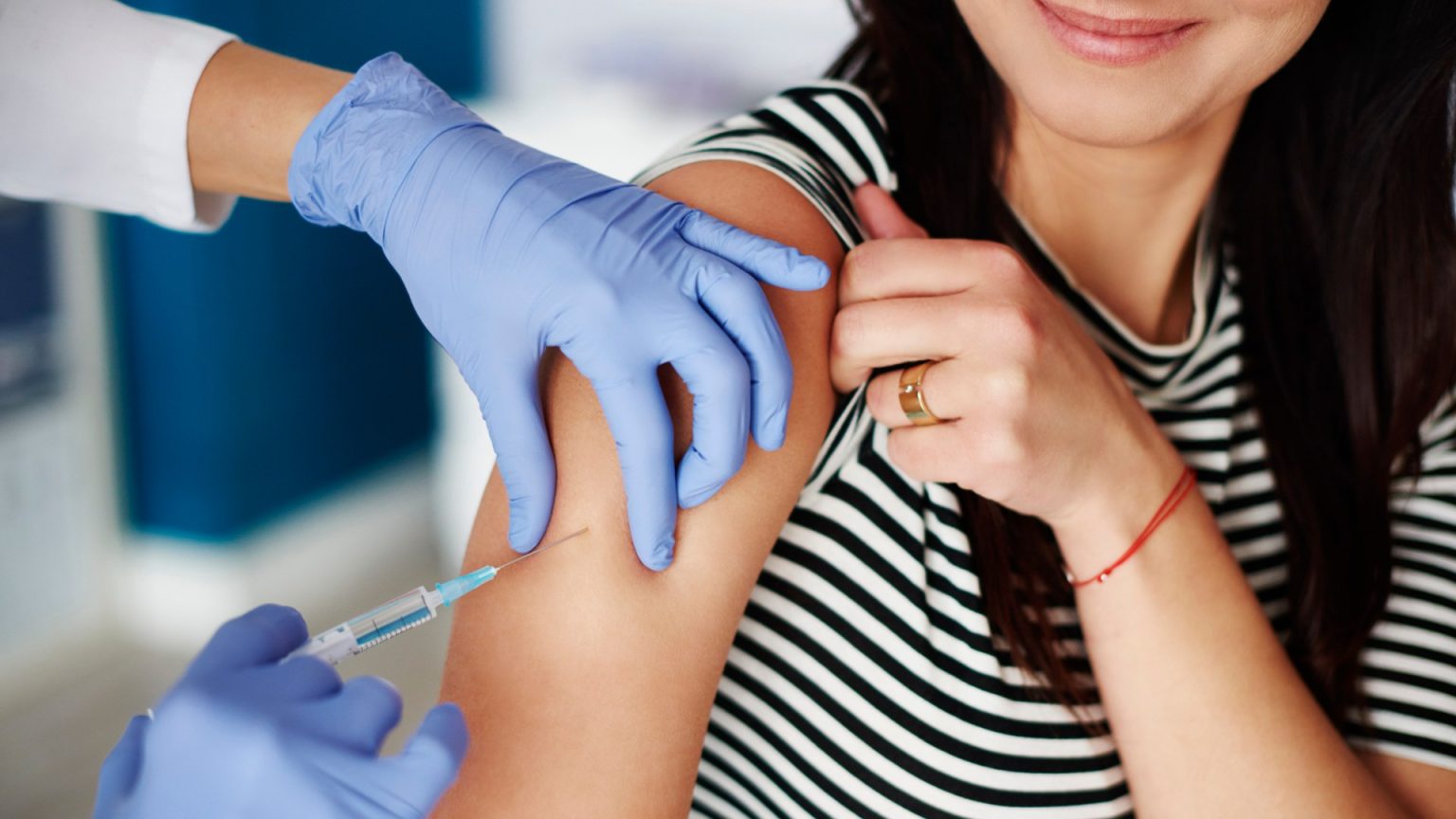The specter of the Black Death, a plague that decimated populations across the globe centuries ago, has prompted scientists to embark on a quest for a modern-day defense against this ancient foe. Researchers, notably the team behind the Oxford AstraZeneca coronavirus vaccine, have initiated the development of a vaccine against bubonic plague, the most common form of the disease. This undertaking stems from concerns that the plague, while currently confined to specific regions, retains the potential to re-emerge as a global threat, potentially amplified by the rise of antibiotic-resistant strains. The urgency of this endeavor is underscored by the historical devastation wrought by the plague and the vulnerability of current medical arsenals, primarily reliant on antibiotics, to combat evolving strains.
The development of a Black Death vaccine represents a significant step towards mitigating this potential threat. Initial trials involving a small cohort of healthy adults have yielded promising results, demonstrating the vaccine’s safety and its ability to elicit an immune response. This positive outcome paves the way for larger-scale trials and, potentially, the first UK-approved vaccine against the bubonic plague. The absence of a licensed plague vaccine in the UK, coupled with the emergence of antibiotic-resistant strains, underscores the critical need for this preventive measure. The experience gained during the rapid development and deployment of COVID-19 vaccines has provided valuable insights and accelerated the progress of this crucial endeavor.
The Black Death, also known as bubonic plague, has left an indelible mark on human history. Caused by the bacterium Yersinia pestis, it typically spreads through the bite of infected fleas carried by rodents. Symptoms include swollen lymph nodes (buboes), fever, chills, and extreme weakness. Untreated, the disease can rapidly progress and become fatal. While antibiotics are effective against the plague, the emergence of drug-resistant strains poses a serious challenge, emphasizing the need for alternative preventive measures like vaccination. The plague’s historical impact, combined with the threat of antibiotic resistance, underscores the importance of developing a robust and readily available vaccine.
The development of the bubonic plague vaccine is being spearheaded by the same team that played a pivotal role in creating the Oxford AstraZeneca COVID-19 vaccine. This expertise in vaccine development, coupled with the accelerated research and development processes spurred by the pandemic, has facilitated the rapid progress of the plague vaccine trials. The initial trial, involving 40 healthy adults, focused on assessing the vaccine’s safety and immunogenicity – its ability to trigger an immune response. The positive results from this phase lay the groundwork for expanded clinical trials to further evaluate the vaccine’s efficacy and safety in larger and more diverse populations.
The potential resurgence of the Black Death is not merely a theoretical concern. The plague persists in several regions of the world, and the emergence of antibiotic-resistant strains raises the specter of a more formidable and difficult-to-treat disease. Experts warn that factors such as climate change and increased human-wildlife interaction could contribute to the spread of the plague. The ongoing surveillance and genetic analysis of plague strains are critical in identifying emerging threats and guiding the development of effective countermeasures. The development of a vaccine, therefore, serves as a crucial proactive strategy to bolster global health security against a potentially devastating resurgence of this historical scourge.
The progress towards a Black Death vaccine offers a glimmer of hope in the face of a potential resurfacing of this devastating disease. The dedication of researchers, coupled with advancements in vaccine technology, brings us closer to a world where this ancient threat can be effectively mitigated. The ongoing clinical trials, coupled with vigilant surveillance of plague strains and the development of robust public health infrastructure, will be instrumental in safeguarding global health against the re-emergence of the Black Death. The lessons learned from the COVID-19 pandemic, particularly in rapid vaccine development and deployment, have been invaluable in accelerating this vital endeavor.




